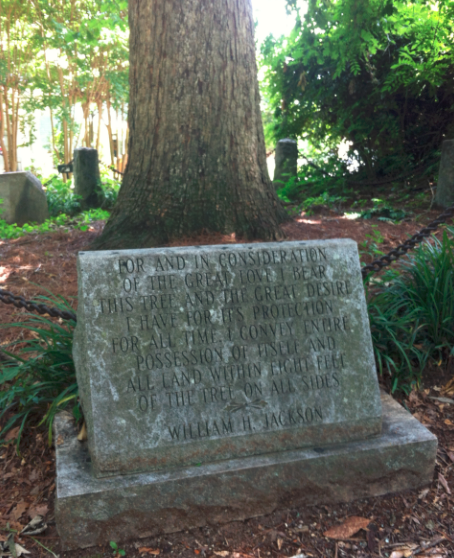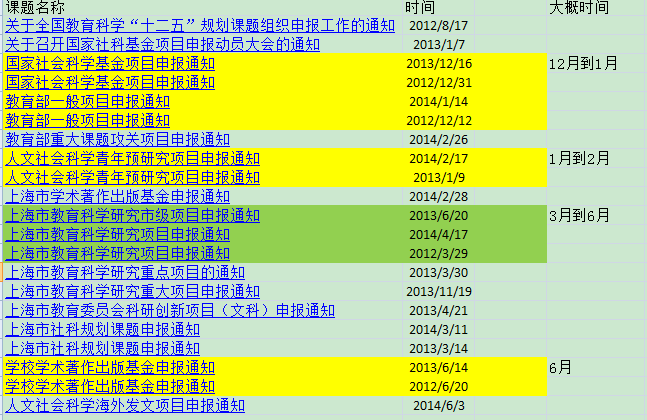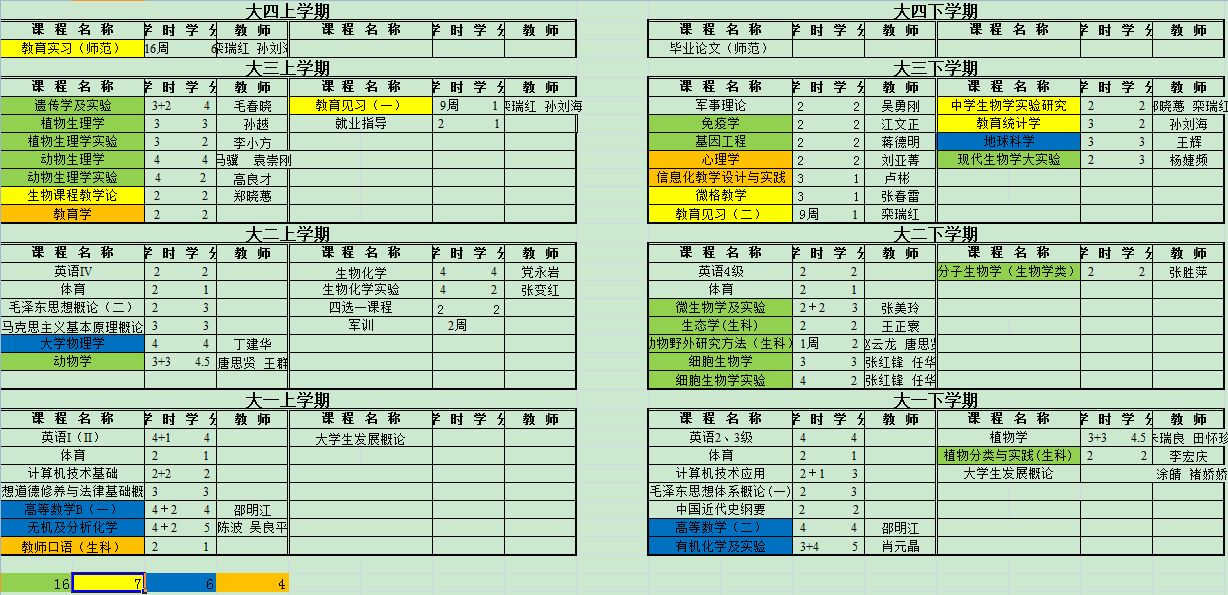Dr. Oliver let us read this following paper and write one or two paragraph of summary.
Nuthall, G. (2004). Relating Classroom Teaching to Student Learning: A Critical Analysis of Why Research Has Failed to Bridge the Theory-Practice Gap. Harvard Educational Review, 74(3), 273–307.
It is good paper to read, although it is a little long for non-native English speaker.
Here is what I got:
It matters how teacher look at and use educational research.
Is this why western culture emphase qualitative studies than quantitative studies?
The precondition of this approach is that teacher education help teachers do so. So it should be one topic in teacher education program.
why research necessary for teacher development
what research questions are more hard to know by only practicing
What relationship existes between teaching and learning
Why educational research is necessary:
1 teacher hard to see learning evidence (only some students)
2 reseach can help identify teachers’ tacit beliefs and limitations
3 learning in students’ mind are not easy to see by teachers where research should help.
learning is an inner process that can not easily seen
Research should help teacher see this process
Teachers need an explanatory theory of the teaching-learning relationship that meets these
requirements in order to plan, carry out, and evaluate their daily activities effectively and efficiently(Floden, 2001; Levin & ODonnell, 1999).
Teachers usually take teaching-learning consequence for granted and when it don’t, it is student to blame.
Classroom 3 layers:
visible activities and behaviors
semi-visible stu-stu
semivisible individual stu
what role student-private-talk play in student learning(online learning sometimes is the case when learners do not interact with peers.)
understanding how teaching is related to learning requires an understanding of:
- teacher influence
- sociocultural influence
- student make sense of their classroom experience
a theory of effective teaching is still needed in order to know when to look and what to look for when you observe the teachers classroom activities.
Best of these studies had two enormous advantages over previous research:
First, they were based on systematic observation or audio- and video-recording of teacher and student behavior. Second, independent measures of student learning that were directly related to the student experi- ences being observed were used in almost all of the best studies.
Teachers themselves are not always good at rating student achievement, as their ratings tend to be strongly affected by student behavior and motivation, crediting the most attentive and interested with higher achievement (Gold- enberg, Gallimore, Reese, & Garnier, 2001)
The problem of process-product studies or careless quantitative studies is neglecting the context and other students out of
The study, however, is of little use in advancing our knowledge about the teaching-learning relationship
I have already made the point that teachers cannot be aware of critical elements in the
teaching-learning process in their own classrooms unless they already have a clear understanding of what to look for and have additional ways of observing or recording the experiences of individual students.
If you simply looked at the post-test totals, you would incorrectly assume that the more able students learned more than the less able students.
But it cannot produce generalizable knowledge (or an evi- dence based explanatory theory) of the relationships between the alternative versions of the visible structure and the basis model (to use Oser and Baeriswyls model) that can be transferred from classroom to classroom.
It has been claimed that how students learn and how their learning is shaped by the actions of the teacher is always unique and context dependent (Barab & Kirschner, 2001; Bolster, 1983). This claim is both true and not true.
Part of the professional knowledge of teachers must be the distinction between what is unique to a specific context and what is generalizable across all students and/or contexts. While the latter is the proper focus of research on the teaching-learning relationship, an adequate explanatory theory should help us to distinguish between the two.
individual case studies of teaching, provided they include data about student experience and learning that can be directly connected to observations of specific classroom activities, can provide invaluable insights into the processes that lie behind the teaching-learning relationship.(baby project)
I believe that the professional knowledge base that is most needed to improve the quality of teaching and teacher education is knowledge about the ways in which classroom activities, including teaching, affect the changes taking place in the minds of students: what students know and believe and what they can do with their knowledge (what I have called above practical explanatory theory). At the heart of the problem that teachers face in the classroom is knowing what is going on in the minds of the students (Steffe, Thompson, & von Glasersfeld, 2000).
Suggestions for future studies:
- Independent in-depth assessment of what students learn.
- Complete, continuous data on individual student experience.
- Complete, continuous data on classroom activities.
- Analysis based on the continuous connections among classroom activities, student experiences, and learning processes.
- Avoid the aggregation of data.
- Explanatory theory must be directly and transparently connected to relevant evidence.
Reference:
Nuthall, G. (2004). Relating Classroom Teaching to Student Learning: A Critical Analysis of Why Research Has Failed to Bridge the Theory-Practice Gap. Harvard Educational Review, 74(3), 273–307.


